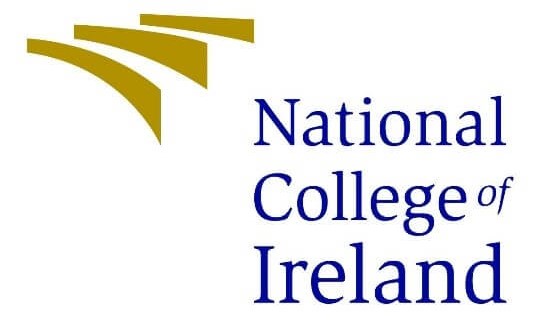MSc in Cyber Security
Key Points
Cybersecurity is an essential need for a modern society in which information technology and services permeate every aspect of our lives. Cybersecurity has the fastest growth rate of all IT areas, and the job market is facing a severe labor shortage in this field.
The goal of this program is to provide students with essential technical expertise, competence, and investigative skills of the most important technical concepts in cybersecurity and how they apply in emerging areas such as device security and forensic science.
The course is technical and practical in nature, uniquely embedded in the industry, and develops in-depth expertise in core technical topics within the cybersecurity area, such as information security, secure programming, network security, penetration testing, analytics. of malware, IT laws and ethics, and technologies and tools that support application and service vulnerability detection, incident detection, data and log recovery and analysis. The course also provides a more precise focus on forensic science and cloud security through the two specializations offered to students.
A unique feature of this course is the university’s strong collaboration with industry in the development and delivery of the Master of Cybersecurity course. The domain context module creates a space in which companies can provide in-house training, professional certification preparation, or deliver knowledge on the latest technologies currently used by specific cybersecurity companies. The internship module also connects students with industry and supports student employment in the cybersecurity domain.
This course is ideal for ICT professionals or graduates with honors in computer science or related area (STEM) who wish to develop a career as a cybersecurity professional; assume a technical or managerial leadership role; progress faster in your job or apply the knowledge in your current role.
Candidates who do not have a computer science degree and currently working in the information technology sector may be considered based on their relevant academic qualifications or extensive work experience.
As a graduate of this course you will be able to:
- Conduct independent research and analysis in the cybersecurity domain, including the design, development and testing of secure applications within a given context, eg web, cloud computing and forensic investigation
- Demonstrate practical skills and expert knowledge of technologies and tools that support cryptanalysis, detection and patching of application and service vulnerabilities, detection of security incidents and analysis of log files
- Critically evaluate the design, implementation and evaluation of a research idea
- Analyze and evaluate the legal, ethical and economic ramifications of developing secure applications and services
- Communicate effectively with a variety of audiences in both written and verbal media and undertake self-study to acquire new knowledge.
Program structure
The course offers two specializations: Forensic and Cloud Security. Students must select a major.
Admission requirements
A primary honors degree (level 8) in computer science or a related area with an award 2.2 or higher. Related area means a STEM (science, technology, engineering and mathematics) degree that also taught modules related to application development / programming. Candidates are expected to have programming skills. An assessment and / or interview to determine suitability may be conducted if necessary for candidates who do not meet normal academic requirements.
The university operates a Recognition of Prior Experiential Learning (RPEL) scheme, which means that applicants who do not meet normal academic requirements can be considered based on relevant work and other experience. This can be assessed through a learning portfolio, a demonstration of the work produced, and an interview. The applicant’s programming ability will also be assessed.
Learn more about our educational offer
Request your quote
An advisor will contact you by phone and email within the following hours

